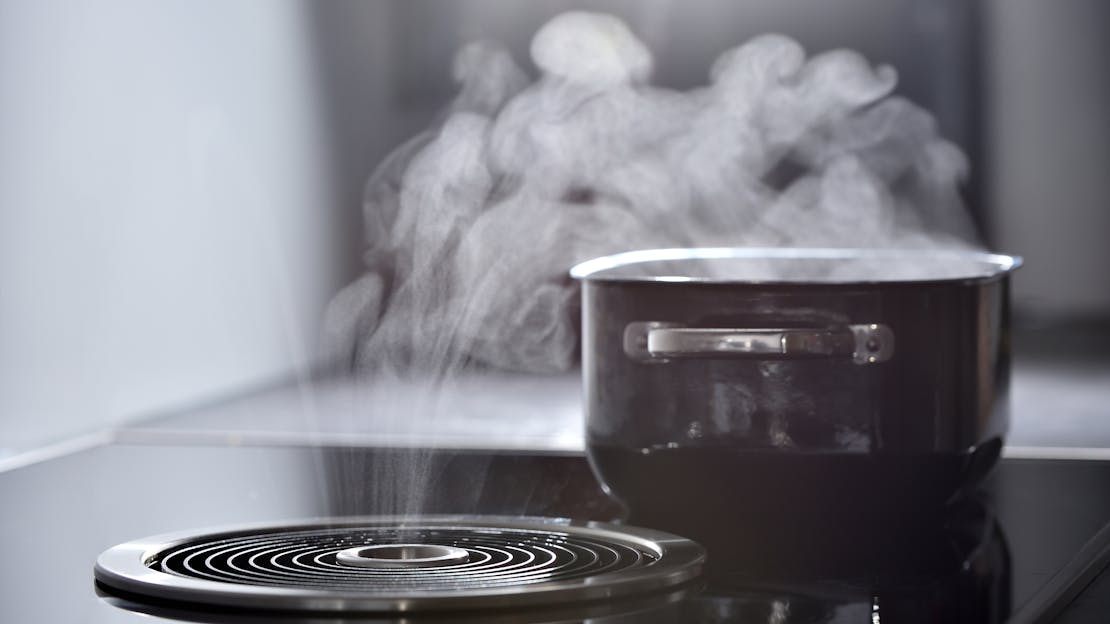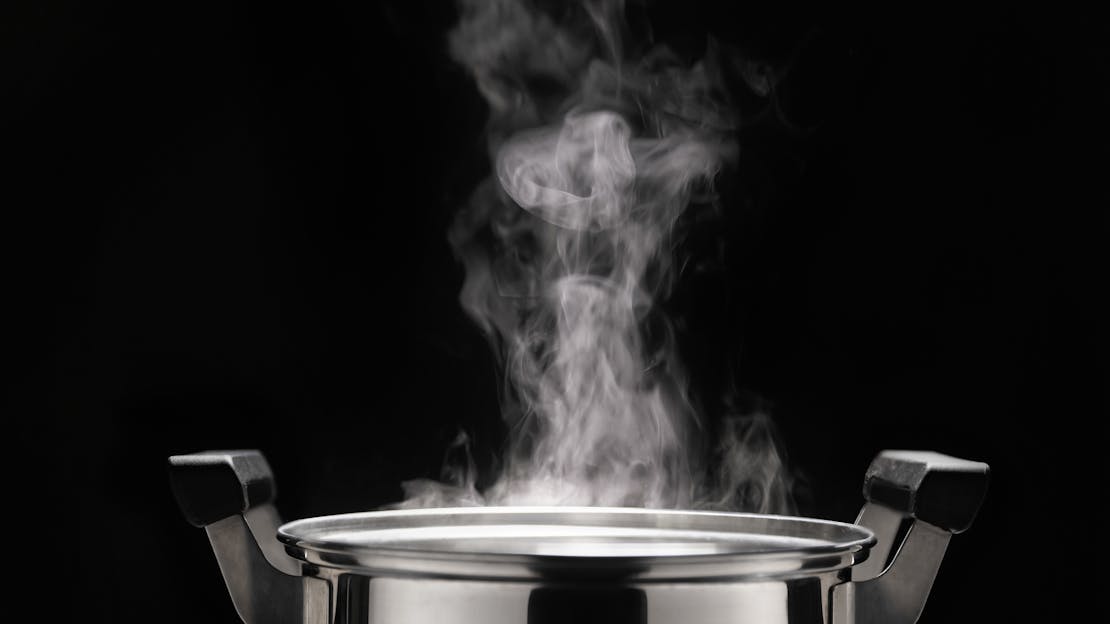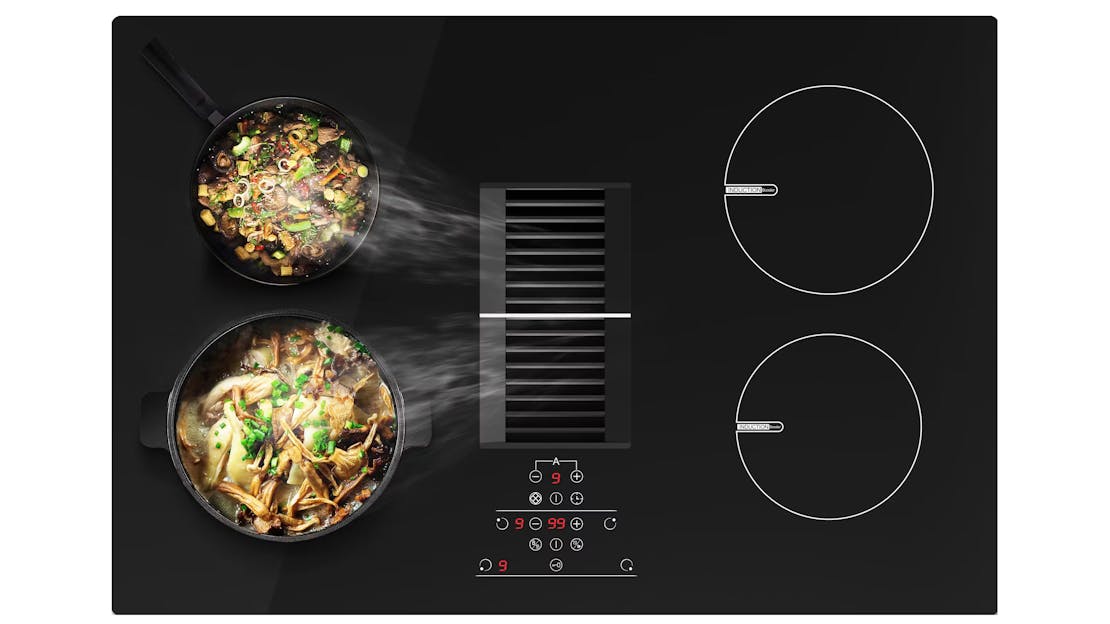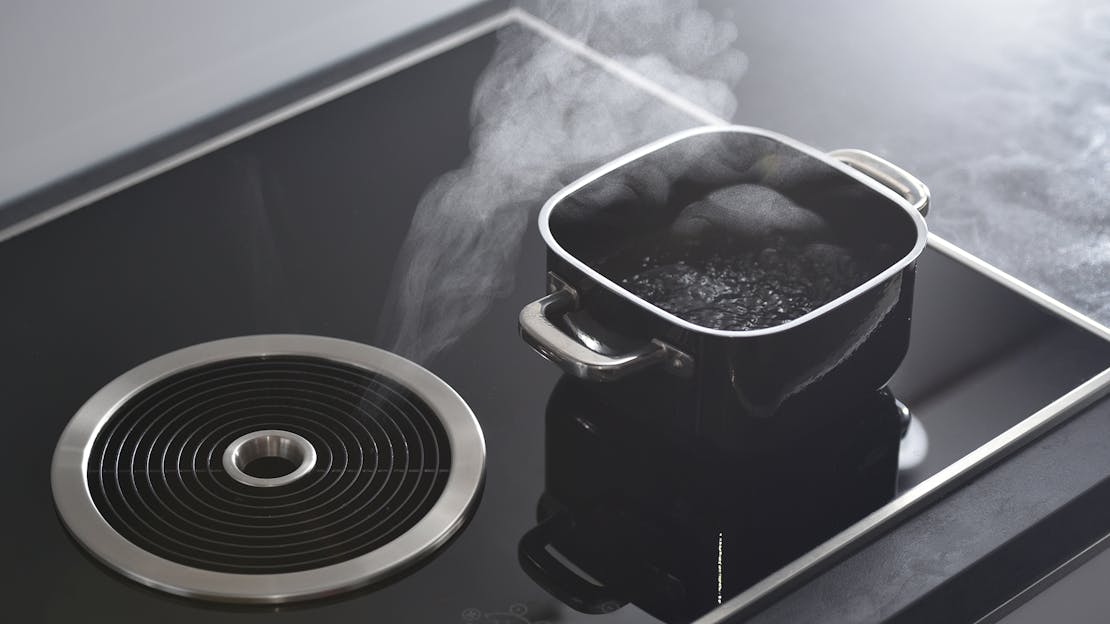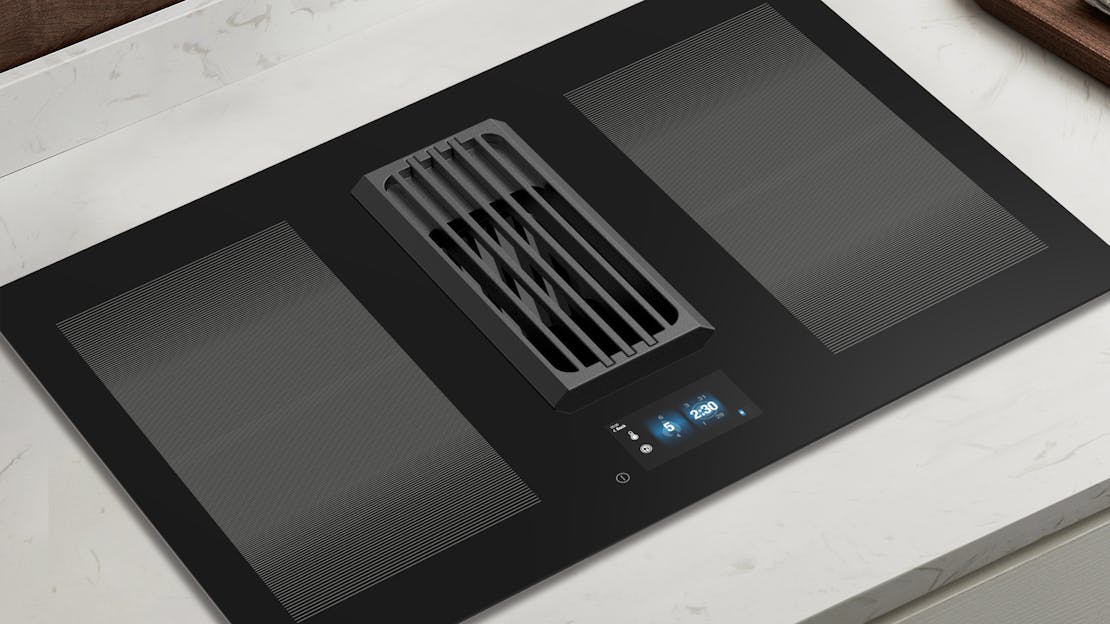
Are vented induction hobs any good?
What Are Vented Induction Hobs?
Vented induction hobs are a contemporary innovation in cooking technology, seamlessly integrating induction cooking with in-built ventilation systems. With kitchens evolving to meet modern demands, these appliances are increasingly recognised for their potential to enhance air quality, improve safety, and optimise kitchen layout. In this article, we'll explore the functionality and benefits of vented induction hobs to assess their practicality and effectiveness.
How Vented Induction Hobs Work:
Vented induction hobs harness electromagnetic technology to generate heat directly within cookware, ensuring precise temperature control and rapid heating. What distinguishes them is the incorporation of a ventilation system directly into the cooktop. This integrated system captures smoke, steam, and cooking odours at their source, passing them through filters before expelling them outside, thereby significantly enhancing indoor air quality.
Advantages of Vented Induction Hobs:
Vented induction hobs offer several notable advantages. Primarily, they excel in improving air quality by efficiently removing smoke, steam, and cooking odours from the kitchen environment, preventing them from spreading and settling on surfaces. Additionally, their integrated design eliminates the need for a separate range hood, reducing the risk of accidental fires and grease build-up, particularly advantageous for smaller kitchens or those with limited ventilation options. Furthermore, these hobs contribute to space-saving kitchen layouts by consolidating cooking and ventilation functionalities into a single appliance.
Energy Efficiency and Sustainability:
In terms of energy consumption, vented induction hobs typically outperform traditional range hoods. They activate ventilation only when required, thereby minimising energy usage. Moreover, by promoting better indoor air quality, these hobs contribute to a healthier living environment and may reduce reliance on additional air purifiers or excessive ventilation, aligning with sustainability goals.
Design and Aesthetics:
Vented induction hobs are available in various sleek designs, ranging from minimalist to high-tech, enabling homeowners to select a style that complements their kitchen décor. Their integrated design eliminates the need for a bulky hood, resulting in a cleaner, more streamlined aesthetic for the kitchen.
Performance and Cooking Experience:
In terms of cooking performance, vented induction hobs deliver comparable benefits to traditional induction cooktops, including rapid heating, precise temperature control, and easy clean up. Users often report a more enjoyable cooking experience with reduced lingering odours and smoke in the kitchen.
Installation and Maintenance:
Installation of vented induction hobs typically requires professional assistance due to the complexity of integrating ventilation systems. Maintenance involves regular cleaning of filters and ventilation ducts to ensure optimal performance and air quality.
Cost Considerations:
While vented induction hobs may entail a higher initial investment compared to traditional cooktops or range hoods, long-term cost savings may be realised through energy efficiency and reduced maintenance needs.
Limitations and Drawbacks:
Some users may find the noise generated by ventilation systems to be a drawback, although newer models often feature quieter operation. Additionally, the effectiveness of vented hobs may vary depending on factors such as kitchen layout and cooking habits.
Conclusion:
In conclusion, vented induction hobs offer a compelling fusion of advanced cooking technology and integrated ventilation, providing numerous benefits in terms of air quality, safety, and kitchen design. Despite potential drawbacks, many users find that the advantages outweigh the limitations, making vented induction hobs a worthwhile addition to modern kitchens.
Venting Downdraft Hobs from MyAppliances
Experience superior ventilation with our venting downdraft hobs. Engineered to eliminate smoke and odours effortlessly, our range ensures a clean and comfortable cooking atmosphere. Invest in your kitchen with our high-performance options.
Vented Hob Buying Guides
- Vented Hob Buying Guides
In this article we explore how these innovative appliances work and why they're becoming a staple in modern kitchen designs.
- Vented Hob Buying Guides
In this guide, we delve into the world of vented and non-vented hobs to help you make an informed decision.
- Vented Hob Buying Guides
In recent years Vented Hobs, also known as Downdraft Induction Hobs, have seen a significant uptick in popularity, reshaping the landscape of kitchen appliances. This guide delves into the factors driving their ascent, from their space-saving design to their efficient cooking experience.
- Vented Hob Buying Guides
A downdraft induction hob, often referred to as a vented hob is a versatile kitchen appliance that seamlessly integrates the benefits of both induction cooking and a built-in downdraft ventilation system.

